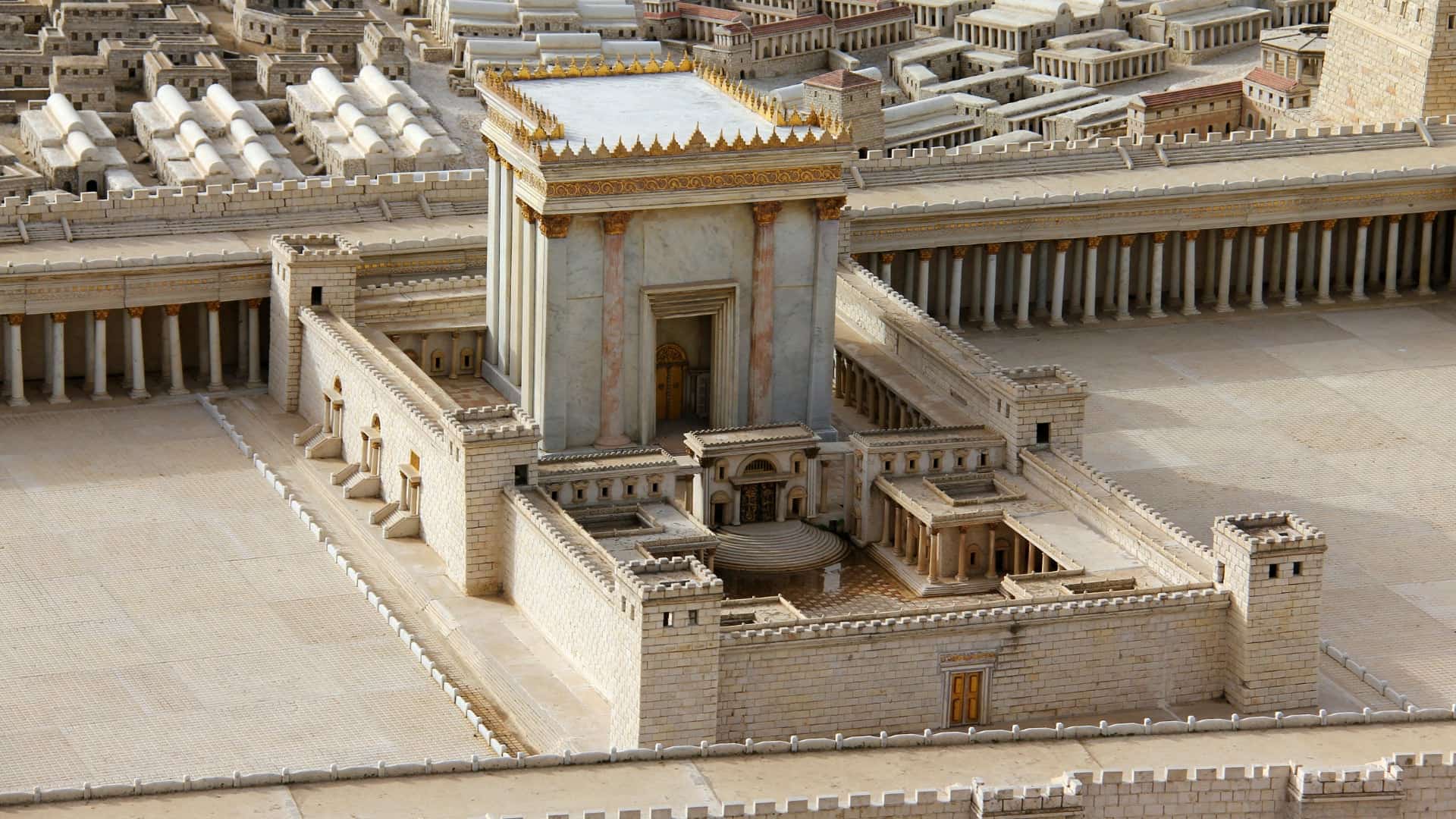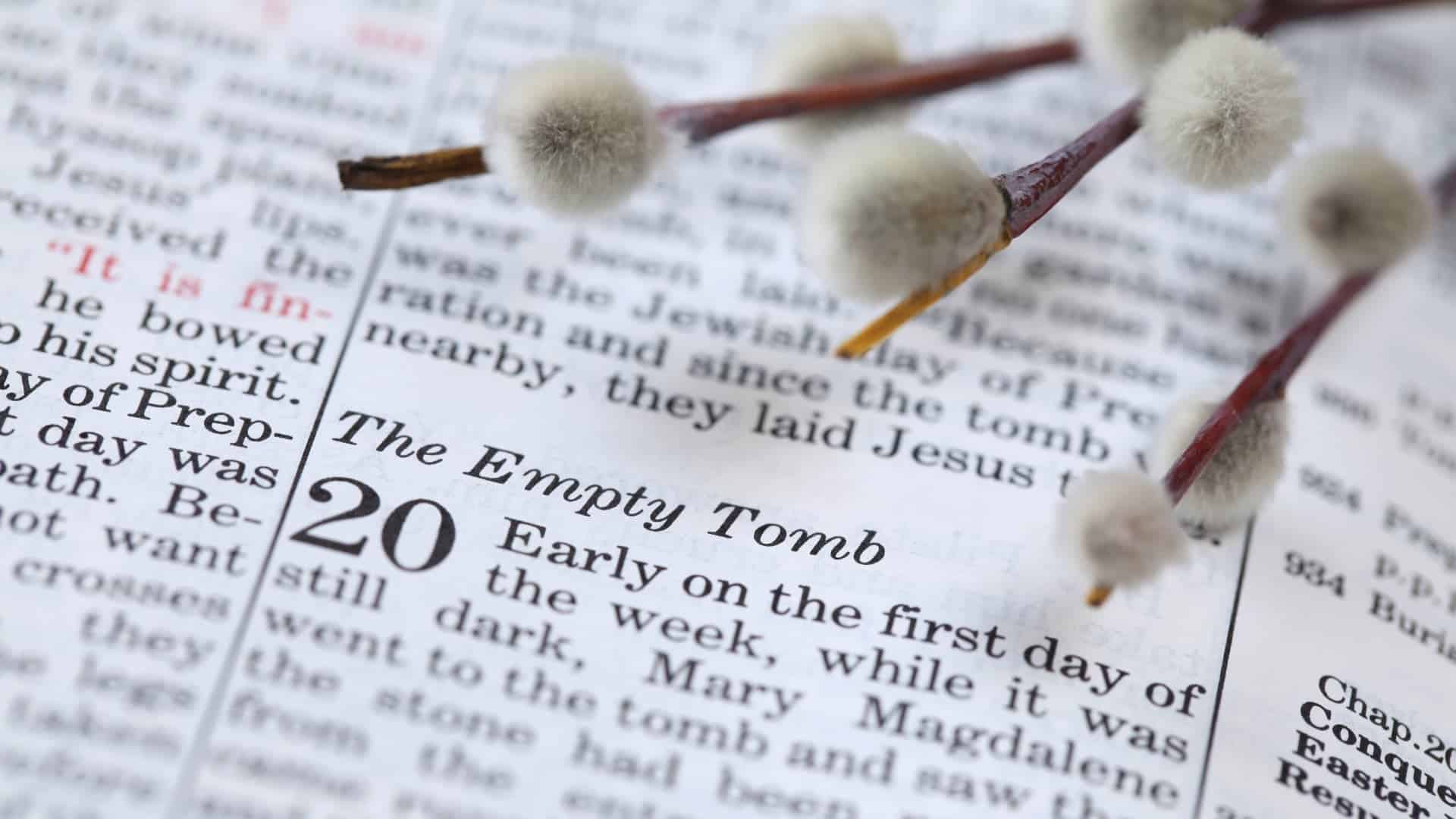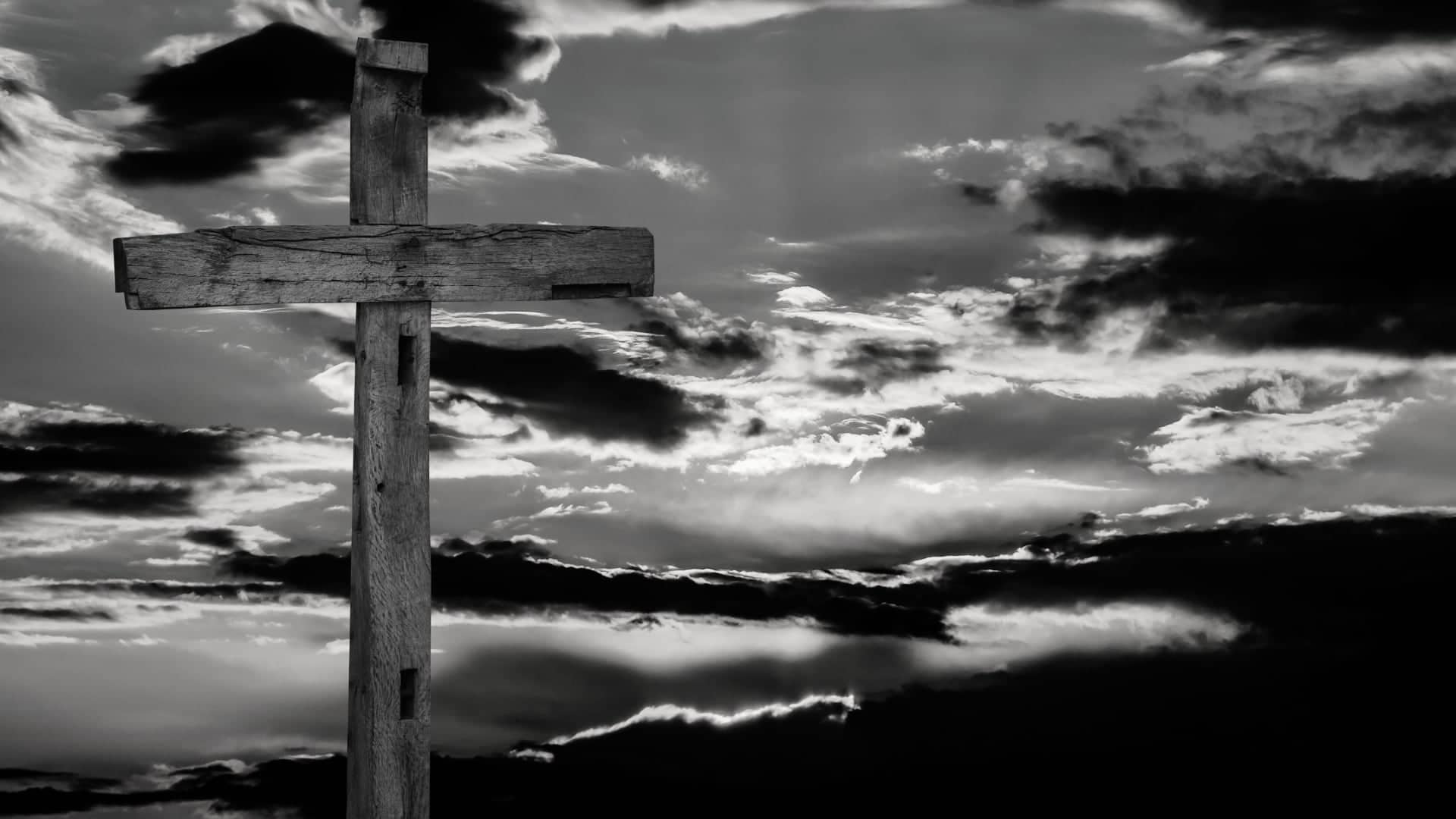My Favorite Christmas Hyperlink (John 1:14)

Big Idea: Christmas is about God choosing to live with us in the most personal way possible: by becoming one of us.
The Christmas story is full of hyperlinks: of allusions to ancient Scriptural prophecies and stories that add color and context to the Christmas story so that we understand and appreciate it more.
But this one is my favorite: “And the Word became flesh and dwelt among us, and we have seen his glory, glory as of the only Son from the Father, full of grace and truth” (John 1:14).
This hyperlink continues a theme that runs right through the whole Bible.
In the very beginning, “God freely communed with man” (Spurgeon). God walked in the cool of the garden in the cool of the day and talked with Adam and Eve. Sin destroyed that, and ever since then, we’ve been banished from his presence, from his glory, and from his power.
But God, out of infinite love, set out to bridge that distance. He chose Abraham. He created Israel. He delivered them out of Egypt. And right there in the wilderness, he set out to live with them right at the center of their camp. That tabernacle was full of Garden of Eden imagery. It was a brand-new Garden of Eden. It was God’s way of saying that he was recreating the Garden of Eden in which he could live and commune with humanity. God says in Leviticus 26, “I will make my dwelling among you, and my soul shall not abhor you. And I will walk among you and will be your God, and you shall be my people” (Leviticus 26:11-12).
I love how determined God is to bridge the distance between us and live with us! His love for us, even after we rebelled, is remarkable. You and I know how hard it is to make the first move after a relationship has broken down. Humanity was 100% responsible for the rebellion. And yet God graciously and lovingly took action to repair the damage and restore his presence among us. He wants to live among us.
That's what God did. We read in Exodus 40:
Then the cloud covered the tent of meeting, and the glory of the LORD filled the tabernacle. And Moses was not able to enter the tent of meeting because the cloud settled on it, and the glory of the LORD filled the tabernacle. (Exodus 40:34-35)
This is good news and bad news.
The good news is that God is once again dwelling with his people. You could see it. The bad news is that Moses — the one of whom it’s said, “the LORD used to speak to Moses face to face, as a man speaks to his friend” (Exodus 33:11) — not even Moses could enter the tent of meeting. What use is it to have God present when you can’t approach him?
But still, it’s something. Fast-forward hundreds of years, and you get to one of the most tragic scenes in all the Bible: “Then the glory of the LORD went out from the threshold of the house” (Ezekiel 10:18). God withdraws his glory — slowly and reluctantly — from the temple. As tragic as this scene is — and it is tragic — I love how reluctant God seems to be to leave his people. He leaves because of their rebellion against him. He may have left slowly and reluctantly, but he still left.
Speaking on this passage, D.A. Carson asks:
Does God ever give up on people? Does he ever give up on nations? A great deal of contemporary thought would answer this question negatively. No, of course not! God doesn’t give up on people. God is the God of unconditional love, isn’t he?…
Part of the problem with Israel at this point in her history was that those in Jerusalem thought that whatever else God did, he wouldn’t give up on them: not Jerusalem, not the temple, not the covenant community. Oh maybe those who are already off in exile, second-class Jews, but not the faithful remnant left behind in Jerusalem. God couldn’t give up on those.
Yet here the glory of God withdraws from the temple, the city of Jerusalem, and the temple is erased off the face of the earth. What we must understand is that when God abandons people, whether individuals or nations, he does so not because he is impotent and frustrated, not because he is checkmated and vengeful, but because he is not only the God of grace but also the God of justice.
He is the God who finally says, “Thus far will you go and no farther.” He is the God who pronounces judgment: sometimes temporal, sometimes final. His judgments are always perfectly just. He is the God who gives up on people, or to use Paul’s language, “He gives people over to what they want to do.”
God is determined to dwell with his people. But it turns out we’re very difficult to live with. By the time you get to the story in Ezekiel, it’s starting to look like a relationship that will never work out because one of the parties to the relationship — humanity — is too incorrigible to change.
All of that forms the background to this remarkable hyperlink in John 1:14: “And the Word became flesh and dwelt among us, and we have seen his glory, glory as of the only Son from the Father, full of grace and truth.”
The word “dwelt” means to settle, to take up residence, to pitch a tent. Literally it means that he tabernacled among us. What is Christmas about? Christmas is about God choosing to live with us in the most personal way possible: by becoming one of us.
Do not live like God is far away. God is so committed to living among us that God the Son became one of us. He has retained all of his glory. He is full of grace and truth: he’s brimming with grace for anyone who wants it, full of truth for anyone who wants to know what to believe.
This is my favorite Christmas hyperlink. God is so determined to live with us that long after he could have given up, he comes to earth to live with us — a precursor of Revelation 21:3: “Behold, the dwelling place of God is with man. He will dwell with them, and they will be his people, and God himself will be with them as their God.”
As one preacher says, this is the second-greatest truth in the Bible: “The greatest is that this God who became man could also love us enough to go to the cross and die for us personally” (James Montgomery Boice).
The question is: how will you respond to a God like this? Lift your heart in praise. Turn to Jesus in repentance and faith. Trust the one who came to earth for you.
Father, thank you for your relentless love. Jesus, thank you for making your dwelling place among us, becoming one of us. Spirit, help us respond with hearts of praise and surrender. In Jesus’ name, Amen.





